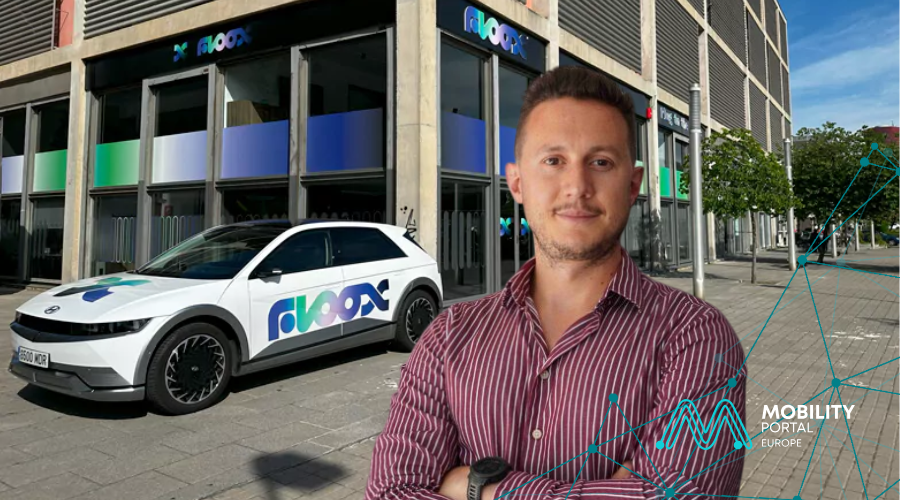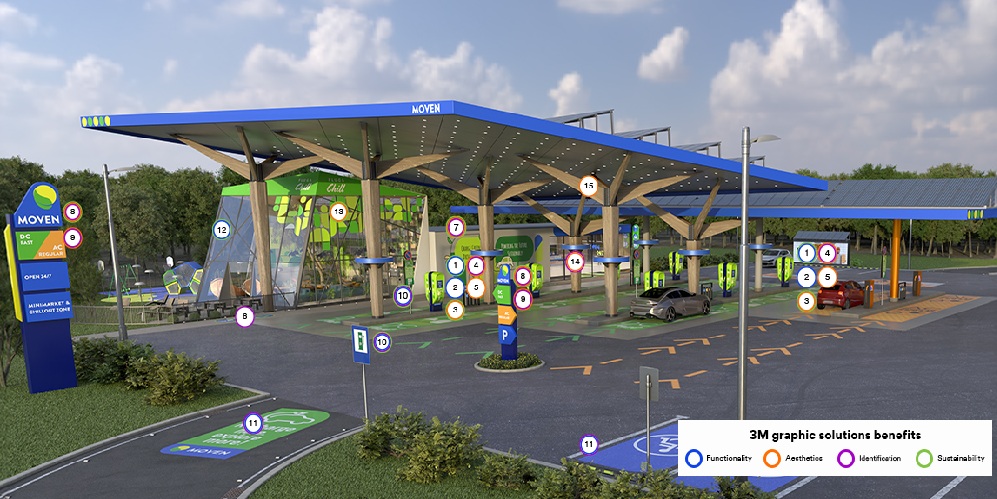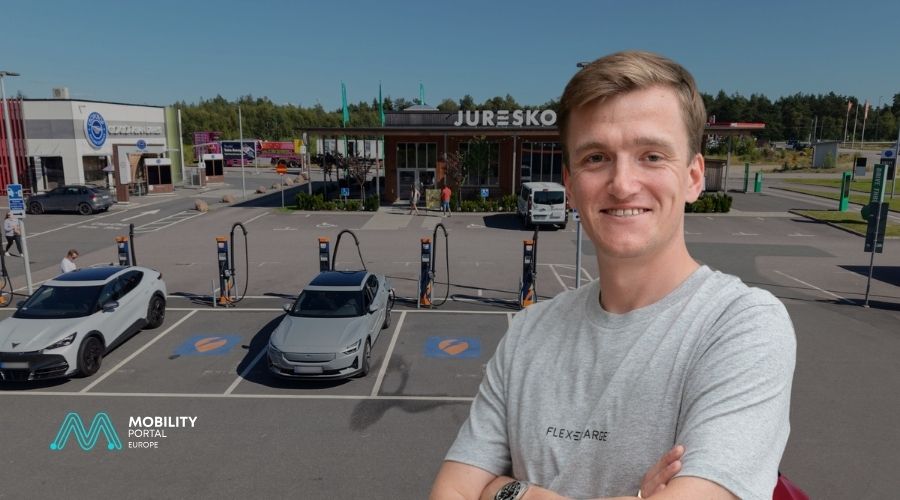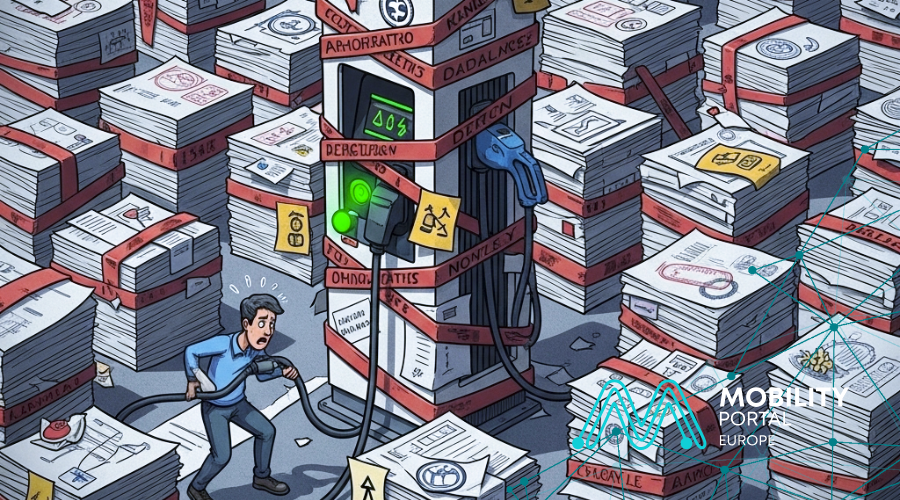Spain now boasts nearly 50,000 public charging points across the country. However, the challenge ahead lies in transforming that deployment into a robust, reliable, and efficient network.
But according to Martí Salvador, Managing Director at Floox, that goal will remain distant unless procurement criteria are redesigned.
“Today, public tenders reward only price — but product quality, maintenance, or traceability are not assessed,” said the executive after participating in the first Electric Mobility Public–Private Working Group organised by the Generalitat de Catalunya.
There, alongside utility companies, vehicle manufacturers, charge point operators and other key industry players, Floox voiced a shared concern: the need to balance pricing with technical requirements, such as durability, real charging power and after-sales service quality.
“We want a level playing field, but if the only variable is price, it favours lower-quality products that later fail or lack proper support,” Salvador stressed.
The working group will create different task forces and expects to hold at least two meetings per year going forward.
Industry expectations: “Buy certified European products with local support”
“We hope buyers will prioritise European-made products with certified quality, support guarantees and local manufacturing,” Salvador explained.
In line with Floox’s call, several European countries already implement these procurement standards:
• In the UK, 80% of public tender scores are based on technical specifications.
• In Latvia, products must be made in Europe and companies must meet auditable quality standards.
“Spain must follow that path,” argues the Floox director, adding that the main issue is no longer coverage, but reliability.
“Many charging points are already installed, but a significant number are out of service or fail to deliver the promised power,” he warns.
To be more specific, Spain has around 8,000 charging points out of service, representing roughly 26% of the country’s public infrastructure.
While concerning, this issue is not unique to Spain, as other European markets also face similar deployment and maintenance challenges.
The direct consequence? User distrust.
“If an EV driver finds a faulty charger, they won’t try again. And that holds back the whole transition,” Salvador explains.
Floox’s formula: certifications, local support and realistic design
Floox manufactures its fast and ultra-fast chargers in L’Hospitalet de Llobregat.
Earlier this year, it certified its LYRA 60 and 80 chargers under German Eichrecht standards, which ensure transparency in energy metering and service trust.
“Many European customers ask us upfront if we’re Eichrecht-compliant. If not, they won’t even stop at the stand,” Salvador said during Power2Drive Europe.
There, the company also showcased its new modular LYNX 240 kW model, part of Floox’s strategy to deliver compact, high-performance, vandal-resistant products.
“It’s not all about brute charging power. You need to think about real-world locations like supermarkets, urban petrol stations or car parks, where users might charge for 20–30 minutes with amenities nearby,” Salvador added.
Alongside its presence in Spain, Floox is already operating in Portugal, France, Denmark and Austria, and is now consolidating its entry into Germany.
This growth follows a business model that blends regulatory certifications, local technical support, and solutions built for interoperability and continuous service.
“Operators increasingly value on-site repairability. Many chargers are offline for weeks due to minor issues, just because no one is available to fix them,” Salvador concludes.
READ MORE
-
3M launches brand initiative to transform the charging experience across EMEA
The new initiative aims to turn charging stations into visually appealing, functional, and user-friendly spaces through graphic solutions that enhance experience and safety. What’s next for 3M?
-
Flexecharge CEO: “The Virtual Power Plant will reach new European countries in 2025 and 2026”
Following the success of launching the world’s first VPP based on high-power public DC chargers, Flexecharge will expand to new countries, partnering with major CPOs.
-
Operation activate chargers: What are the “strategies” for navigating spanish bureaucracy?
Over the summer, around 1,300 public charging points were added, and August once again marked an acceleration in deployment. However, progress is hindered by a maze of municipal bureaucracy and the flexible timelines of distribution companies. Mobility Portal gathers proposals to improve the situation.











